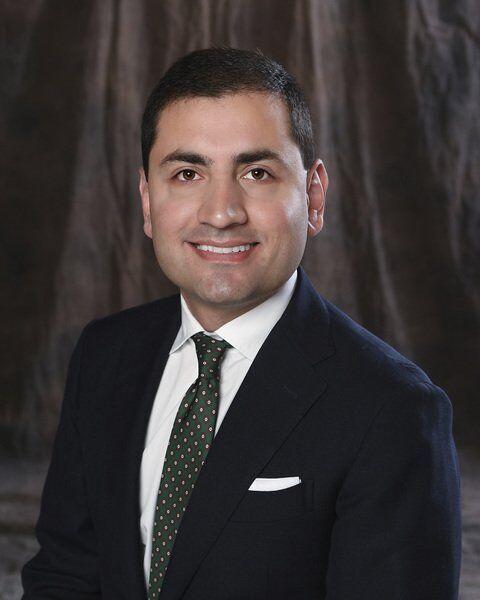The challenges and hardships of 2020 brought us new perspective. They reminded us to take stock of where we are and to focus on what we value as we plan for our future.
No matter where you are in your investment journey, it makes sense to pause and review your progress. In order to determine how much you will need to fund your retirement, it is helpful to estimate what your retirement budget will look like. These four questions could help you identify your retirement activities to help you plan for the related costs.
1. What will I be doing during my retirement days?
Do I plan to continue working past age 65 or after I reach my full retirement age? Full time or part time?
Are there hobbies I want to pursue that will either cost me money or make money for me?
Is there volunteer work that may also have costs associated?
Do I plan to travel?
Are there things I enjoy doing that have related costs?
2. Where will I be living in my retirement years?
Will I stay in my current home or downsize to a smaller home or a rental property?
Will I move to a retirement community or assisted living facility?
Will I sell my home and replace it with an RV or other alternative living option?
3. Have I thought about potential situations that might occur that will impact my retirement expenditures?
What health care coverage do I need for my specific health conditions?
Do I have an emergency fund for unexpected situations such as a health care crisis or loss of property due to a natural disaster?
What if I stop working sooner than expected?
What happens if I experience a significant loss of income?
4. What are the barriers that are keeping me from investing?
I have nothing extra to invest.
I have education loans or other debt.
I don’t know how to start an investment plan.
I have time to start saving later.
Next steps:
Prepare rather than panic. Review the questions above and create an outline from your answers. That outline will give you the framework to calculate the income you may need to support your retirement lifestyle.
Make the decision to adjust your spending patterns today. Choose something that you really don’t need and redirect that amount to a savings account. Take advantage of the growth potential over time. Pay yourself first instead of spending money on something that will not support your future retirement needs. Creating that nest egg now could lessen your stress about money.
Start or add to an emergency fund. Even if the amount seems very small, it is important to take the first step. As that amount grows and the behavior becomes a habit, you will likely gain confidence and momentum in your investment activities.
Meet with your financial advisor to review your answers and turn your outline into a plan that will help you work toward your goals.
A Wells Fargo Advisors financial advisor can help educate you regarding your options so you can decide which ones make the most sense for your specific situation.
This article has been prepared for informational purposes only and is not a solicitation or an offer to buy any security or instrument or to participate in any trading strategy. Investing involves risk including the possible loss of principle. Asset allocation cannot eliminate the risk of fluctuating prices and uncertain returns. The accuracy and completeness of this information is not guaranteed and is subject to change. Since each investor’s situation is unique you need to review your specific investment objectives, risk tolerance and liquidity needs with your financial professional(s) before an appropriate investment strategy can be selected. Also, since Wells Fargo Advisors does not provide tax or legal advice, investors need to consult with their own tax and legal advisors before taking any action that may have tax or legal consequences.
Investments in securities and insurance products are: not FDIC-insured/not bank guaranteed/may lose value.
© 2020 Wells Fargo Clearing Services, LLC. All rights reserved.
This article was written by/for Wells Fargo advisors and provided courtesy of Alonso Martinez, financial advisor, in Valdosta at (229) 259-7844.

